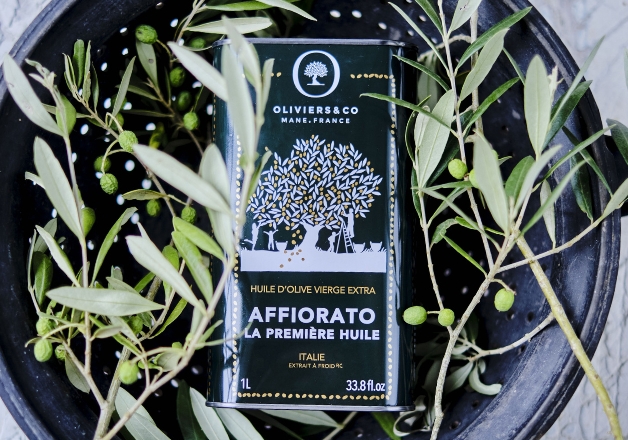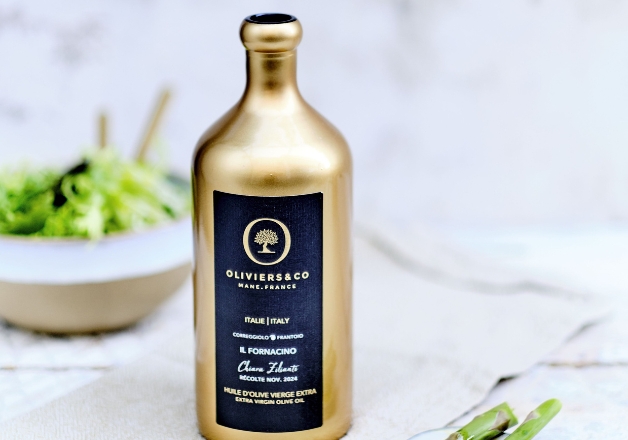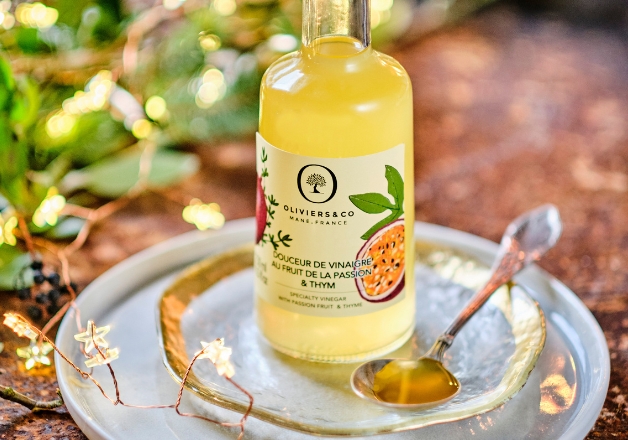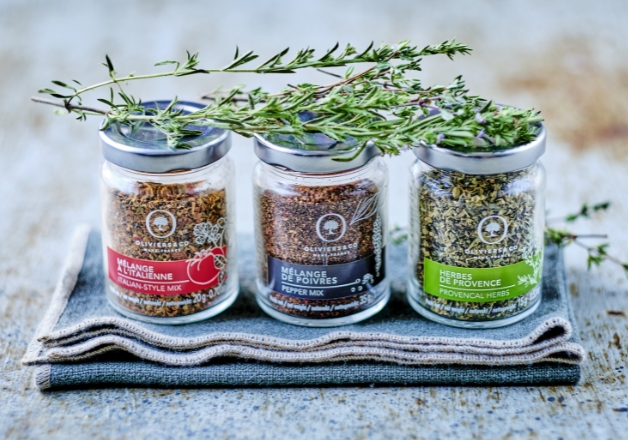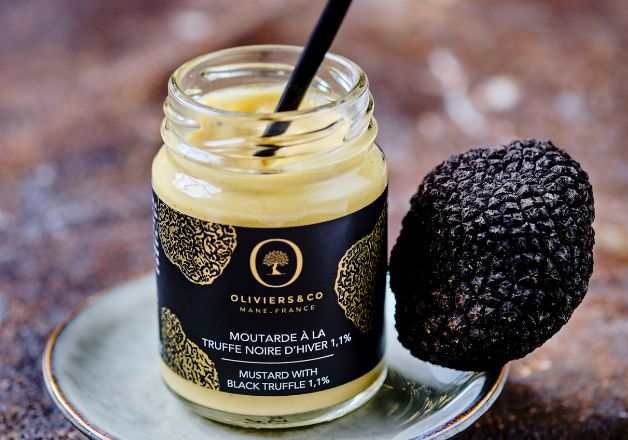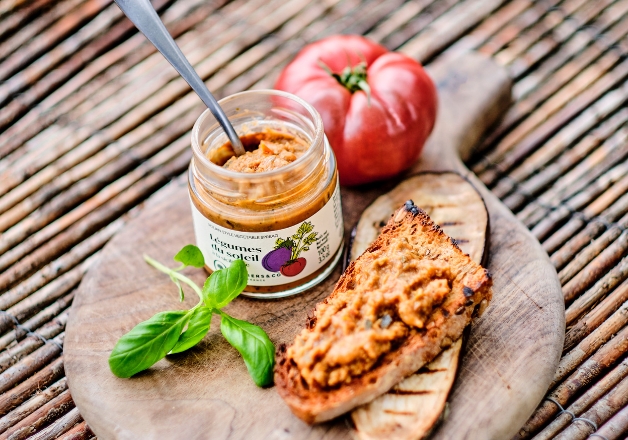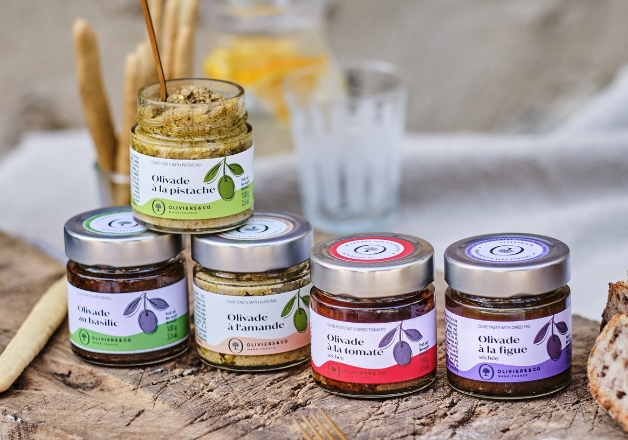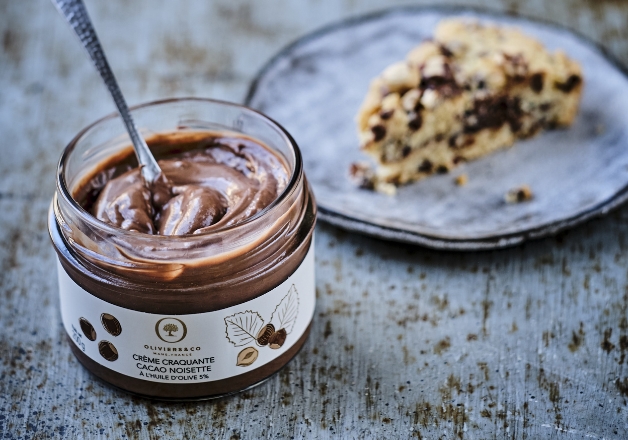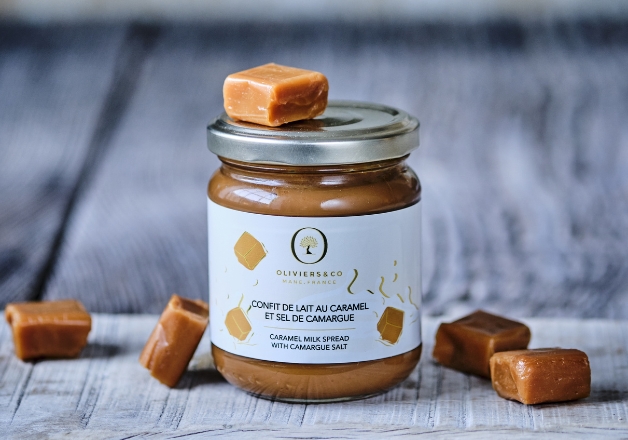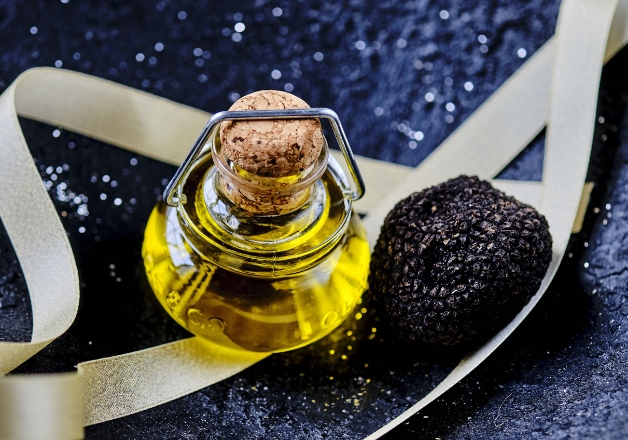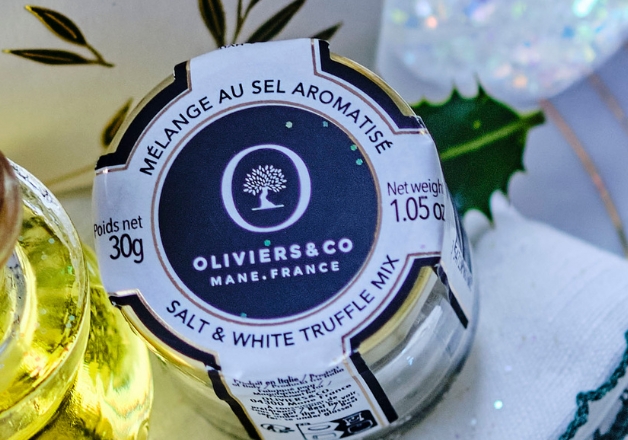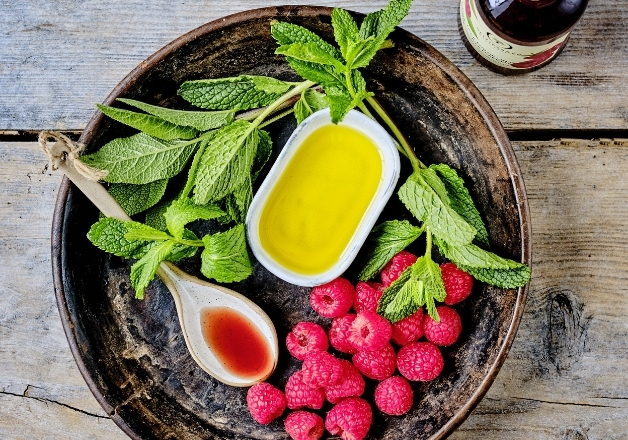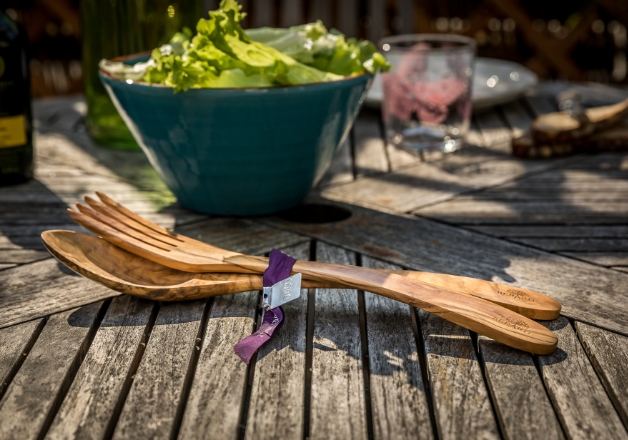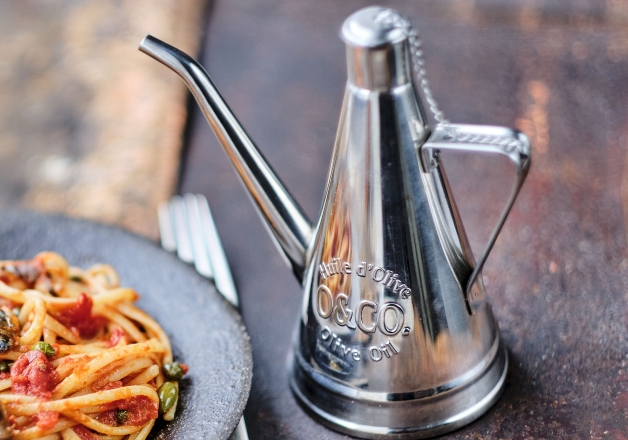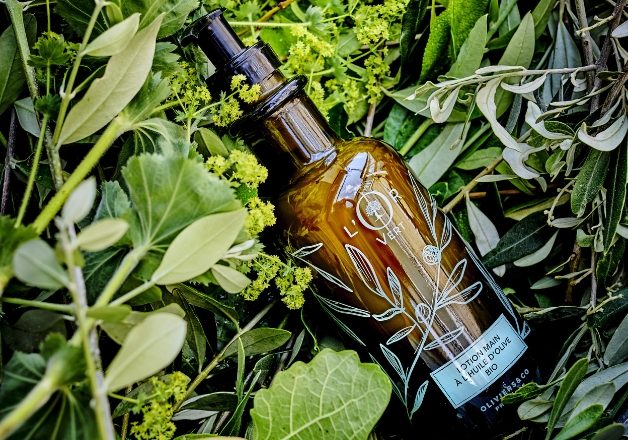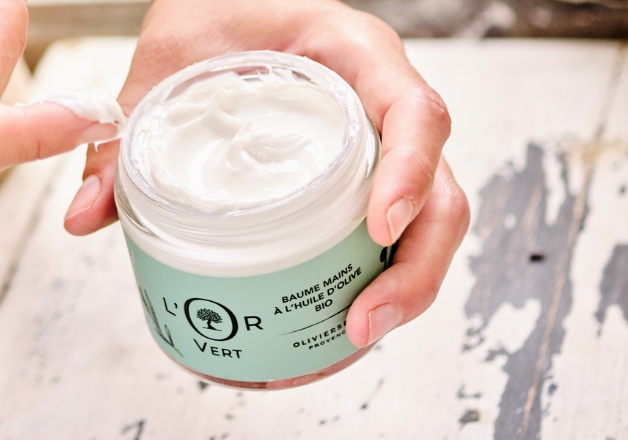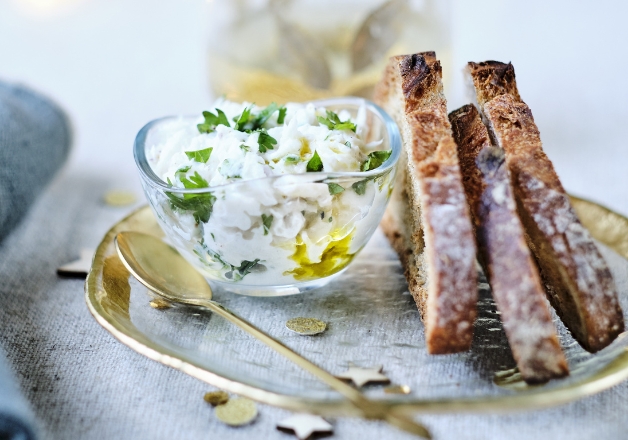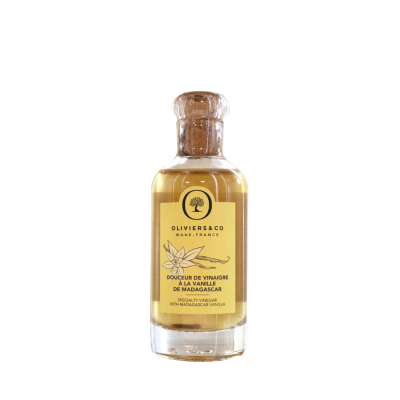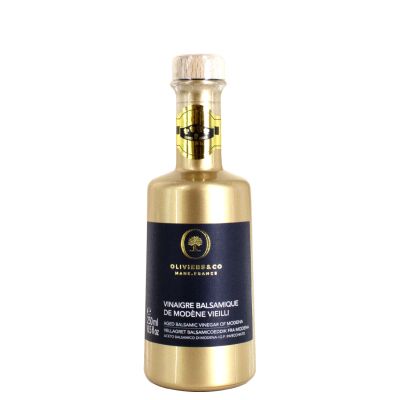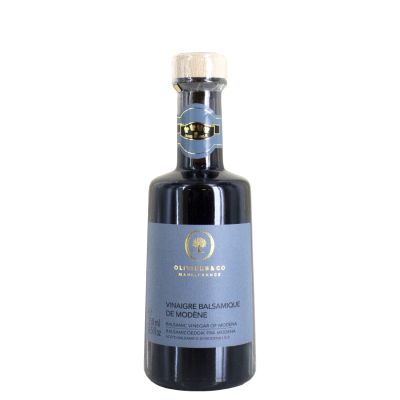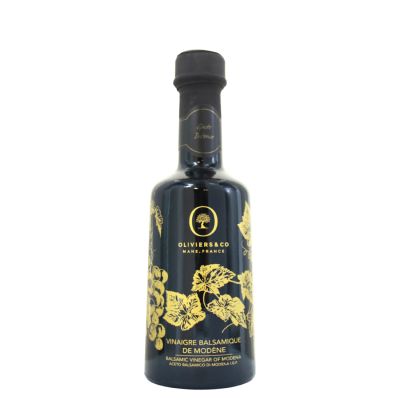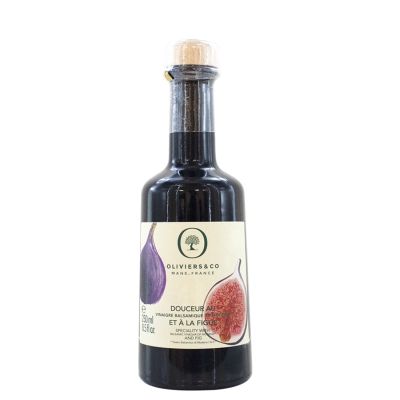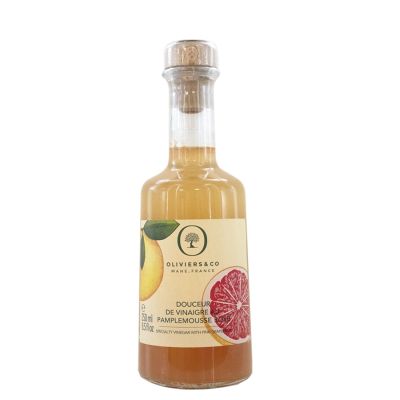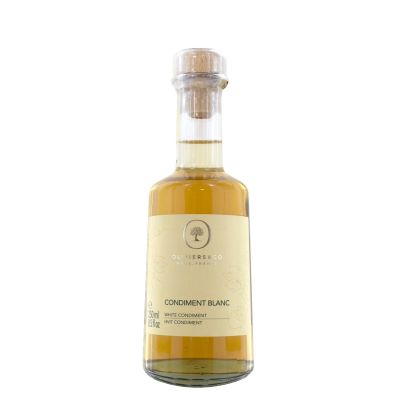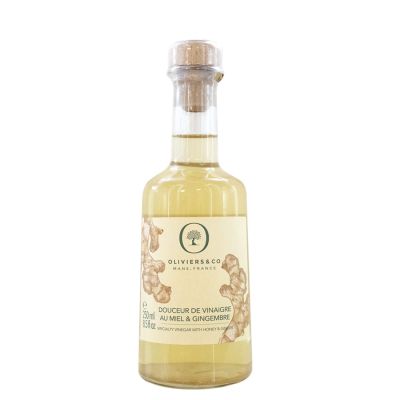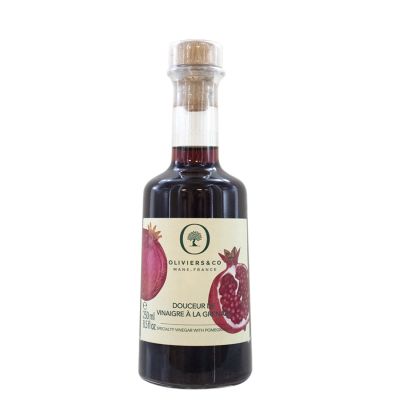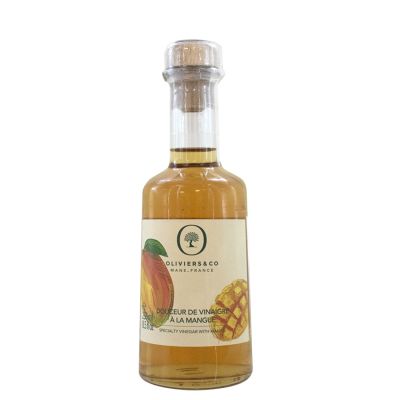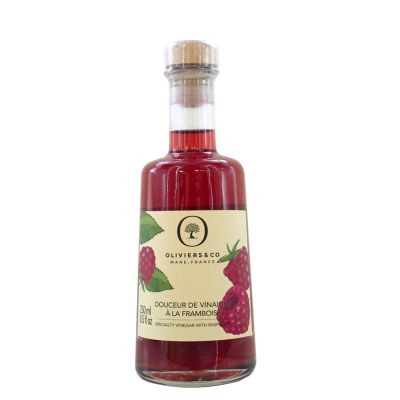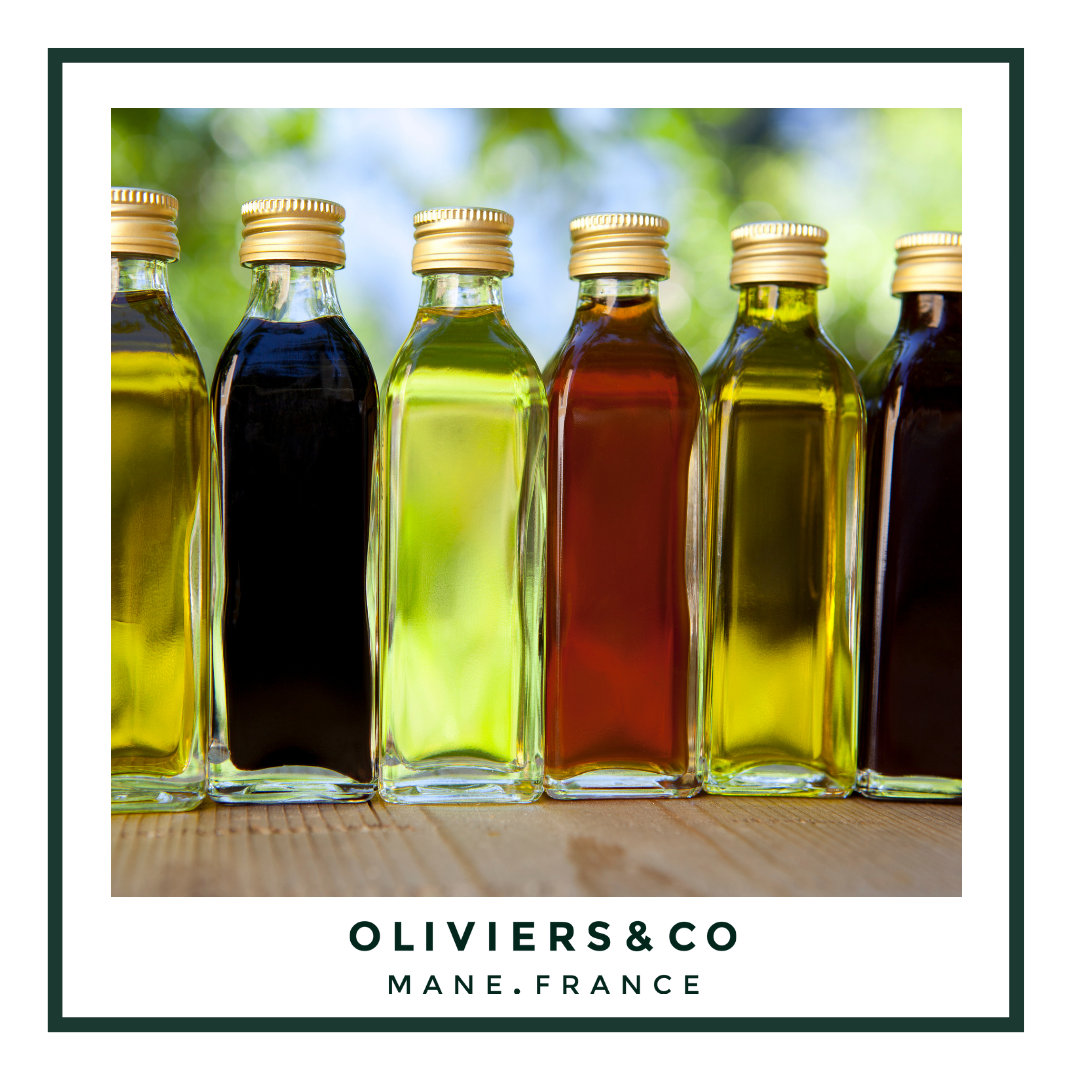

Navigating the vast array of vinegars available can indeed be overwhelming, akin to the myriad options in the olive oil aisle. However, each type of vinegar brings its own unique flavor profile and set of benefits to the table. In this blog, we'll delve into the diverse uses of various vinegars, shedding light on their culinary and non-culinary applications.
Vinegar for cooking or cleaning?
Vinegar is a household staple that serves dual roles in both the kitchen and as a cleaning agent. While commonly associated with culinary applications, its acidic properties also make it an effective and eco-friendly cleaner. Whether you're whipping up a gourmet meal or tackling household chores, vinegar is a go-to solution for enhancing flavor and maintaining a sparkling clean home.
When To Use Each Vinegar
It can be confusing to know when you should use each different type of vinegar when cooking certain dishes, here is a table with the main types of vinegar and with which other products you should be using them with.
White Wine Vinegar
White wine vinegar boasts a subtle acidity and delicate flavor, making it a versatile choice in various culinary applications. Its mild profile makes it ideal for dishes where you seek a gentle tang without overwhelming other flavors. Commonly used in salad dressings, white wine vinegar adds a refreshing acidity that enhances the overall taste without dominating the dish. It also works well in light marinades for chicken or fish, providing a hint of brightness without altering the dish's natural essence.
Red Wine Vinegar
With its robust and complex flavor profile, red wine vinegar adds depth and richness to a wide range of dishes. Its bold acidity makes it best suited for hearty recipes that can stand up to its intense flavor. Often used in marinades for red meats or game, red wine vinegar infuses the dish with a distinct tanginess that complements the meat's richness. Additionally, it's a staple in rich sauces, such as tomato-based pasta sauces, where it contributes to the sauce's depth of flavor. Its versatility extends to vinaigrettes for salads with strong flavors, providing a bold contrast that elevates the dish.
Balsamic Vinegar
Renowned for its sweet and tangy profile, balsamic vinegar adds a unique depth of flavor to both savory and sweet dishes. Originating from Italy, this vinegar undergoes a lengthy aging process, resulting in its signature complexity. Its syrupy consistency makes it perfect for drizzling over ripe tomatoes or fresh strawberries, enhancing their natural sweetness with a touch of acidity. Balsamic vinegar also shines in glazes for grilled meats or vegetables, caramelizing beautifully and imparting a rich, glossy finish. Moreover, it serves as a versatile ingredient in salad dressings, where its depth of flavor adds an irresistible dimension to every bite.
Distilled White Vinegar
As a staple in cleaning rather than cooking, distilled white vinegar offers potent cleaning properties due to its high acidity. While not typically used in culinary applications due to its harsh flavor, it shines as a natural and eco-friendly cleaning agent. Its acidic nature makes it effective for removing stains, disinfecting surfaces, and neutralizing odors throughout the home. Diluted with water, distilled white vinegar can be used to clean everything from countertops and windows to floors and appliances, providing a safe and affordable alternative to chemical-laden cleaners.
Rice Vinegar
Originating from Asia, rice vinegar is prized for its mild, slightly sweet flavor profile and delicate acidity. Made from fermented rice, this vinegar is a staple in Asian cuisine, lending its subtle tang to a variety of dishes. Its mildness makes it an excellent choice for recipes where you want a gentle acidity without overpowering other flavors. Commonly used in sushi rice to season and flavor the grains, rice vinegar adds a refreshing brightness to the dish. It also serves as a key ingredient in dipping sauces, marinades, and pickles, where its gentle acidity enhances the overall taste without dominating the dish's nuances.
Apple Cider Vinegar
Apple cider vinegar, revered for its myriad health benefits, is a versatile ingredient with a distinctive fruity tang. Made from fermented apple cider, this vinegar boasts a tangy flavor with a subtle sweetness, making it a popular choice in both culinary and wellness circles. Its versatility extends from salad dressings and marinades to beverages and even beauty treatments. In cooking, apple cider vinegar adds a unique depth of flavor to dishes, particularly in sauces, chutneys, and braises. Its acidity also makes it an excellent tenderizing agent for meats and a flavorful addition to pickling brines. Beyond the kitchen, apple cider vinegar is believed to aid digestion, support weight loss, and promote overall well-being. It's often used as a natural remedy for various ailments and can be incorporated into homemade tonics, hair rinses, and skincare products for its clarifying and balancing properties.
The Difference Between White Wine Vinegar and White Vinegar
While white vinegar and white wine vinegar may sound similar, their differences are profound.
White vinegar is derived from grain-based alcohol, typically vodka, undergoing fermentation when exposed to oxygen, which fosters bacterial growth. Conversely, white wine vinegar follows a similar process but replaces vodka with white wine.
This fundamental variance results in distinctly contrasting tastes. White vinegar, renowned for its potency, contains approximately 10% acetic acids, far surpassing the 5-7% found in white wine vinegar. The former's robust flavor makes it unsuitable for standalone use in cooking, often relegated to cleaning duties due to its formidable antimicrobial properties. In contrast, the milder taste of white wine vinegar renders it a delightful addition to dressings for salads and marinades.
This stark differentiation underscores the divergent culinary and practical applications of these two vinegars.
Can I Substitute White Wine Vinegar with White Vinegar?
The straightforward response is a resounding no; substituting white vinegar for white wine vinegar would overwhelm the intended flavors of any dish due to its intense strength. In such instances, opting for alternatives like red wine vinegar or rice vinegar would be far more suitable, as they offer a closer resemblance in taste.
As a helpful tip for those utilizing white vinegar, consider tempering its acidity by adding a few teaspoons of sugar. However, even with this adjustment, the robust flavor of white vinegar will only be marginally subdued.
Source List

